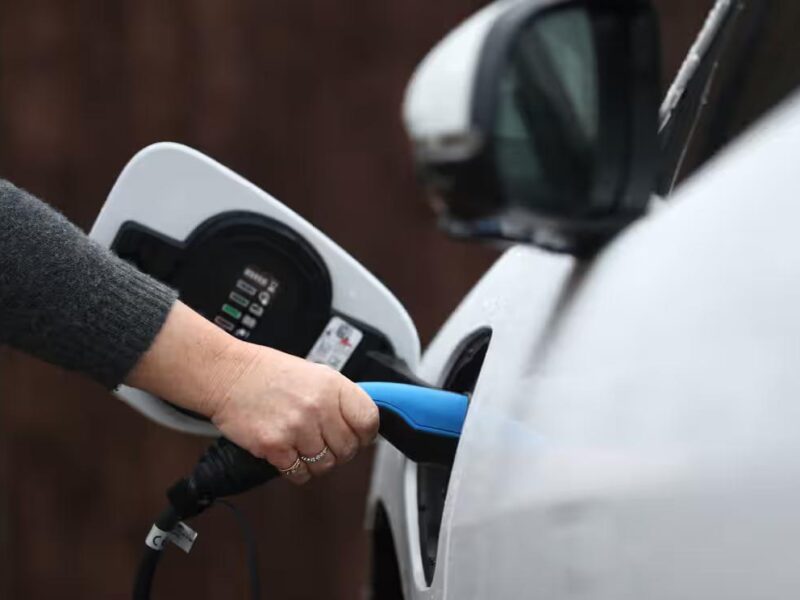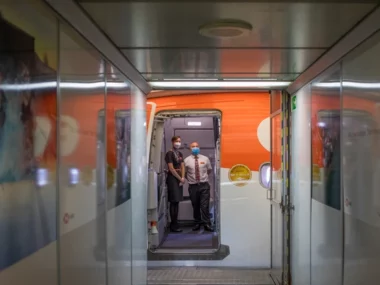JLR will rely on loopholes to meet UK electric car objectives, despite being encouraged by demand for Range Rover and Defender models.
The biggest automaker in Britain, Jaguar Land Rover, announced record earnings despite the fact that it will only meet the UK’s electric car ambitions by taking advantage of a number of legal snags in the market for its Defender and Range Rover models.
The Indian company Tata owns JLR, which said on Thursday that its sales from April to September was £13.8 billion, a 42% increase over the same period last year. Revenues reached £6.9bn in the most recent quarter, while profit before taxes increased to £442m in the same period last year.
After a challenging period in which it wrote down the value of significant investments in China and subsequently had to deal with the coronavirus epidemic and a global scarcity of computer chips, it also recorded its fourth straight quarter of profit for the first time in six years.
Although the company’s order backlog hasn’t decreased significantly from its peak of over 200,000 cars, 165,000 autos are still on backorder. It said that there was still a high demand, especially in China, for its Range Rover SUV, the more robust Defender, and the smaller Range Rover Sport.
The company’s CEO, Adrian Mardell, predicted that revenues will break previous highs in the second half of its fiscal year before an anticipated decline in demand from April onwards.
Initially on Thursday, Mardell stated that JLR will incur additional costs as a result of fines associated with the UK government’s zero emissions vehicle (ZEV) mandate, which calls for the sale of electric vehicles to account for 22% of all sales in the UK in 2019. Every non-electric car produced above the threshold might result in fines of £15,000 if the objective is not met.
Later on, JLR issued an apology for Mardell’s remarks, stating that the company actually anticipates avoiding the majority of the fines due to loopholes that allow manufacturers to have some leeway when producing plug-in hybrid vehicles. These vehicles combine a gasoline or diesel engine with a battery, and they reduce carbon emissions if users regularly charge them.
Additionally, the business will be able to make up for non-compliance in early years with overcompliance on the targets in later years. In 2027, JLR anticipates that 70% of its sales will come from battery electric vehicles, as opposed to the ZEV mandate’s 38% target. JLR anticipates paying a minor ZEV requirement punishment in 2025 for the vehicles it sells to separately-counted business fleets.
The automaker only offers one zero-emission car, the highly regarded but aging Jaguar I-Pace, and will begin delivery of its first electric Range Rover near the end of 2024 after experiencing several setbacks with its electric plans. Deals on the I-Pace were probably offered by JLR in 2024 to entice more customers, according to Mardell.
In 2025 and 2026, JLR will need to reach 28% and then 33% of electric sales in the UK, respectively, to comply with the ZEV rule, according to Mardell. JLR plans to progressively transition to electric vehicles at a cost of £15 billion.
Tata will supply the batteries from a £4 billion plant that will be constructed in the UK for JLR’s tardy switch to electric vehicles. According to Mardell, JLR would begin getting those British batteries by the end of 2026.











